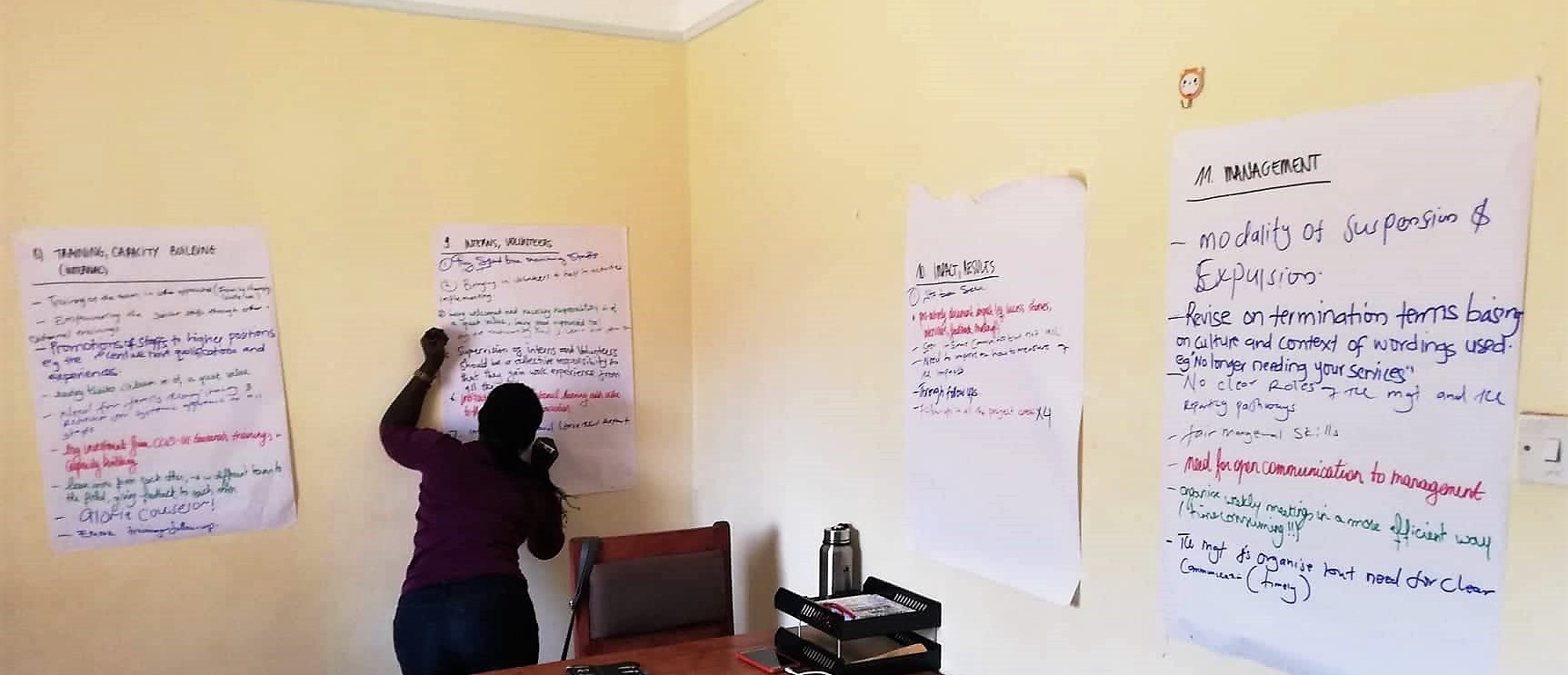PROMOTING SELF-DETERMINATION AS A SIGN OF WELLBEING
The purpose of this study is to explore the construct of wellbeing in the Palestinian context. But most important is to explore the perceptions of the Palestinian community regarding self-determination/autonomy in relation to children and adolescents. In doing so, the voices of children and adolescents are of great importance all the way through. This study aims also to check on the opportunities children and adolescents are given to practice autonomy competencies. And finally it aims at introducing change, but not an imposed foreign change, but change through collaboration with different parties and in relevance to the Palestinian context. As Prilleltenksky and Prilleltensky (2006: 152) stated, “the changes we seek must connect with our webs of meaning.”
Community wellbeing is important as it promotes personal wellbeing. Schools can be a place to start with and schools are believed to be a very influencing part of the community. Children do not only learn to read and write at schools, but they also learn values and attitudes towards the self, the world, and the future. In short, schools are places for personal and self-growth.
Community wellbeing is important as it promotes personal wellbeing. Schools can be a place to start with and schools are believed to be a very influencing part of the community. Children do not only learn to read and write at schools, but they also learn values and attitudes towards the self, the world, and the future. In short, schools are places for personal and self-growth.
SOCIAL CONTEXT
Personal and community well- being in the Palestinian society suffered and is still suffering. This can be partly due to the sixty and more years of political conflict. More than 50 years of occupation, people started to lose their patience. Occupation always had had an impact on people’s daily lives; the violence, incursions, curfews, hundreds of checkpoints, roadblocks, trenches and barrier gates around each Palestinian city which resulted in movement restrictions, the destruction of farming areas, the construction of the separating wall which is causing about 35,000 people to live in a closed area in addition to the demolition of houses, and the building of settlements that when spotted on a map will seem to embrace every Palestinian city. All of which have contributed to the deterioration of the living standards of people and the quality of life. Health, education, family and social relations were deeply influenced. Many children experienced stress and traumatic events. The life of many people was changed forever. Many young people became impaired, and many lost their loved ones through death or arrest, and many felt disabled. I can say it with confidence that most Palestinian people have experienced what it is like to have little control over one’s life.
OBJECTIVES
My purpose is to create an image or different images and understandings of the wellbeing of children and adolescents in the Palestinian context, with an increased focus on autonomy and self-determination. Since I am adopting a relational view of autonomy it is essential to understand first the ways in which children and adolescents perceive themselves (their selfhood) and how other adults perceive them. Next comes the meanings children and adolescents attach to their wellbeing in general and to autonomy in specific. The final part includes researching opprtunities of developing and practicing autonomy competencies.
PROJECT DESCRIPTION
My research evolves around three major conceptions, childhood, wellbeing, and self-determination, which can also be reffered to as autonomy. According to the literature autonomy is a sign of wellbeing, and is considered to be the key to wellbeing. Autononous agents were once seen as totally independent, rational, and self-made. Recently a more relational aproach to autonomy developed and it focus on agents as being socially embedded, and on autonomy as being socially constituted, where the social environment infleunce the development and the excersice of its capacity. Therefore, concepts as such maybe attached to different meanings to different individuals in different social contexts. In addition to that, autonomy is seen as a competency or a range of competencies that include critical reflection, imagination, self-understanding, and other affective competencies such as self-respect, self-trust, and self-esteem. These are all socially constituted as well, and are matter of degree and domains. Autonomy according to the relational view is about living in harmony with one’s authentic self.
Understanding will be contructed using a flexible qualitative methodology (phenomenology and ethnography) using different tools such as observations, group and indiviual interviews and project work (art and stories)
Research will take place in various school contexts and acitivity venues in the west Bank. Participant’s age ranges from 10-11 and 15-16 years old.
Understanding will be contructed using a flexible qualitative methodology (phenomenology and ethnography) using different tools such as observations, group and indiviual interviews and project work (art and stories)
Research will take place in various school contexts and acitivity venues in the west Bank. Participant’s age ranges from 10-11 and 15-16 years old.
